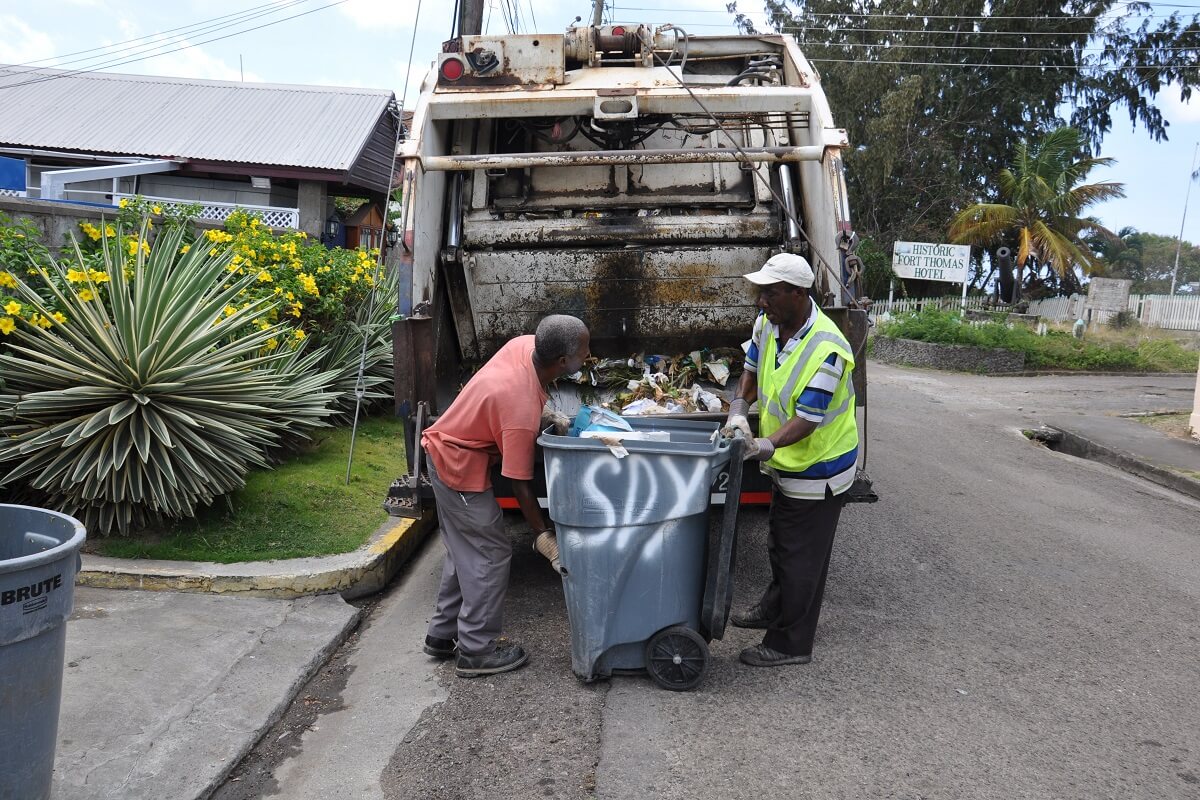Kenya’s journey into a digital economy is gaining momentum, thanks to the PSC Digital Literacy Programme. This government-backed training initiative is equipping public servants with the digital skills they need to operate more efficiently and serve citizens better.
Whether it’s understanding how to use e-Citizen portals or learning how to digitize public records, the programme is closing the digital gap in government offices.
With thousands of officers and interns already benefiting, the PSC Digital Literacy Programme is shaping a smarter, faster and more transparent public service.

Understanding the PSC Digital Literacy Programme in Kenya
The PSC Digital Literacy Programme is an initiative by Kenya’s Public Service Commission (PSC) aimed at training civil servants in digital skills. It plays a major role in helping the country modernise public service and align with global digital trends.
The main goal of the programme is to ensure government workers can confidently use digital tools and systems while carrying out their duties. Whether working in ministries, counties, or parastatals, public officers are being trained to deliver better and faster services using platforms such as e-Citizen, IFMIS, and HRMIS.
This programme is run in partnership with the ICT Authority, Ministry of ICT & Digital Economy, and county governments. Additionally, the Public Sector Digital Skills Baseline Assessment launched in August 2023 with support from UNDP helps assess current skills and develop suitable training modules.
The programme is part of Kenya’s broader goal of building a digital economy under Vision 2030 and the Digital Economy Blueprint.
What the Digital Literacy Training Involves
The PSC Digital Literacy Programme targets all levels of public servants—junior, mid-level, and senior officers. Training content depends on the role of the officer but generally covers key digital areas including:
- Basic computer use and data entry – Officers learn how to operate computers, use office software, and input data accurately.
- Email and digital communication – Training includes using official emails, professional communication, and video conferencing tools.
- Cybersecurity awareness – Public servants are trained to identify cyber threats and use safe practices while working online.
- Using e-Government platforms – These include systems like e-Citizen for public services, IFMIS for financial tracking, and HRMIS for human resource management.
- Records digitisation – Officers are taught how to convert physical records into digital formats and manage them effectively.
The training is offered in both online and face-to-face formats. It is also conducted in phases to allow public servants to learn without disrupting daily operations. In some cases, the training is merged with ongoing performance improvement programs in various ministries.
Requirements for Joining the PSC Digital Literacy Programme
Eligibility for the programme depends on the applicant’s category—either a public servant or a graduate intern.
For public officers, the requirements include:
- Being actively employed in a government ministry, county government, or state agency.
- Being available for full-time or scheduled training sessions.
- Willingness to adopt digital work tools and contribute to digital transformation.
Training slots are typically announced by PSC, and candidates are selected based on availability, job relevance, and ministry needs.
For interns, the requirements are more specific. Interns must:
- Be Kenyan citizens with a valid national ID.
- Have graduated in or after 2020 with at least a Diploma or Bachelor’s degree in ICT or Education with ICT specialisation.
- Possess basic digital skills and knowledge in areas such as:
- Networking
- Application development
- Cybersecurity
- E-learning tools
- Project management
Internship positions are competitive, and candidates must submit all required documents before the given deadline.
Internship Opportunities Under the PSC Digital Literacy Programme
The PSC Digital Literacy Programme also runs internship programmes to boost youth skills in the digital space. Through the Public Service Internship Programme (PSIP), thousands of recent graduates have been trained and deployed across government departments.
Interns under the DLP stream are placed for 12 months and receive a monthly stipend. During this period, they gain hands-on experience in supporting teachers, managing ICT resources, setting up networks, and developing digital content.
Some key roles of DLP interns include:
- Assisting teachers with digital learning tools in schools.
- Maintaining ICT infrastructure in public offices.
- Supporting development and integration of e-learning materials.
- Promoting the use of government portals in public service offices.
Upon successful completion, interns receive certificates that improve their employability in both the public and private sectors.
For example, Cohort 4 of the internship was open for applications by June 23, 2025. Such opportunities are advertised on the Public Service Commission website and official social media pages.
How to Apply for the PSC Digital Literacy Programme
The application process depends on whether you are a public servant or an intern.
For public officers, applications are usually initiated by the respective ministry or department in coordination with PSC. Officers should:
- Watch for training announcements on the PSC website.
- Register through official ministry channels.
- Prepare for either in-person or online sessions as instructed.
For interns, the process is straightforward:
- Visit the PSC website when applications are open.
- Fill out the online application form completely.
- Upload scanned and certified academic documents.
- Ensure all requirements are submitted before the deadline.
The selection process is transparent and merit-based, with successful applicants contacted through official platforms.
Benefits of the PSC Digital Literacy Programme
The PSC Digital Literacy Programme brings immense benefits to both public workers and the general public. These include:
- Improved digital literacy – Public servants become confident in using ICT tools and systems.
- Efficient service delivery – Platforms like e-Citizen and IFMIS reduce delays and paperwork.
- Transparency and accountability – Online systems leave digital footprints that help track services.
- Better access to public services – Citizens benefit from faster and more accurate government interactions.
- Reduced cost and time – Fewer manual processes lower operation costs and speed up decisions.
For interns, the benefits go beyond training:
- They gain valuable work experience.
- They become part of Kenya’s digital transformation agenda.
- They are better prepared for careers in ICT and education.











































